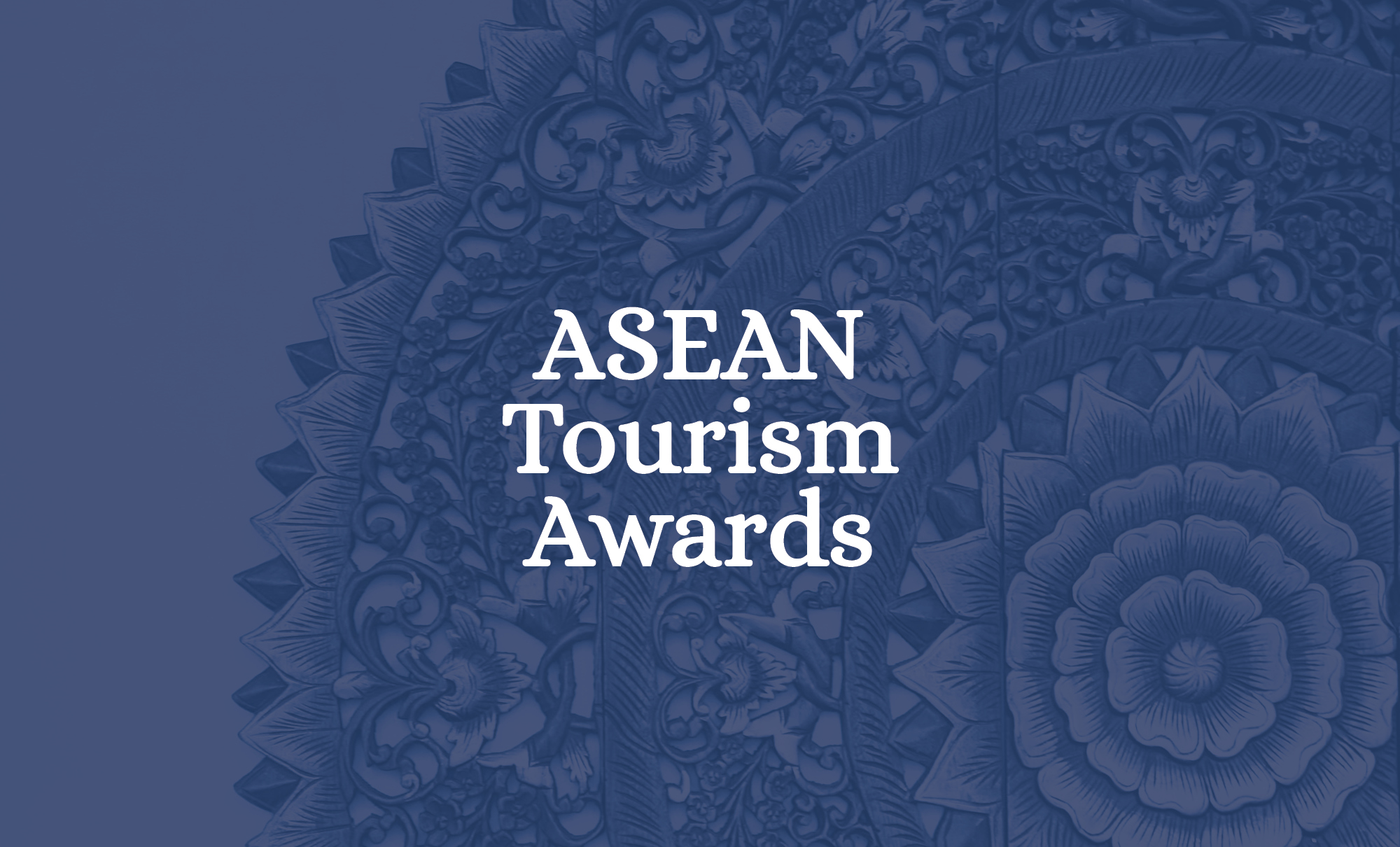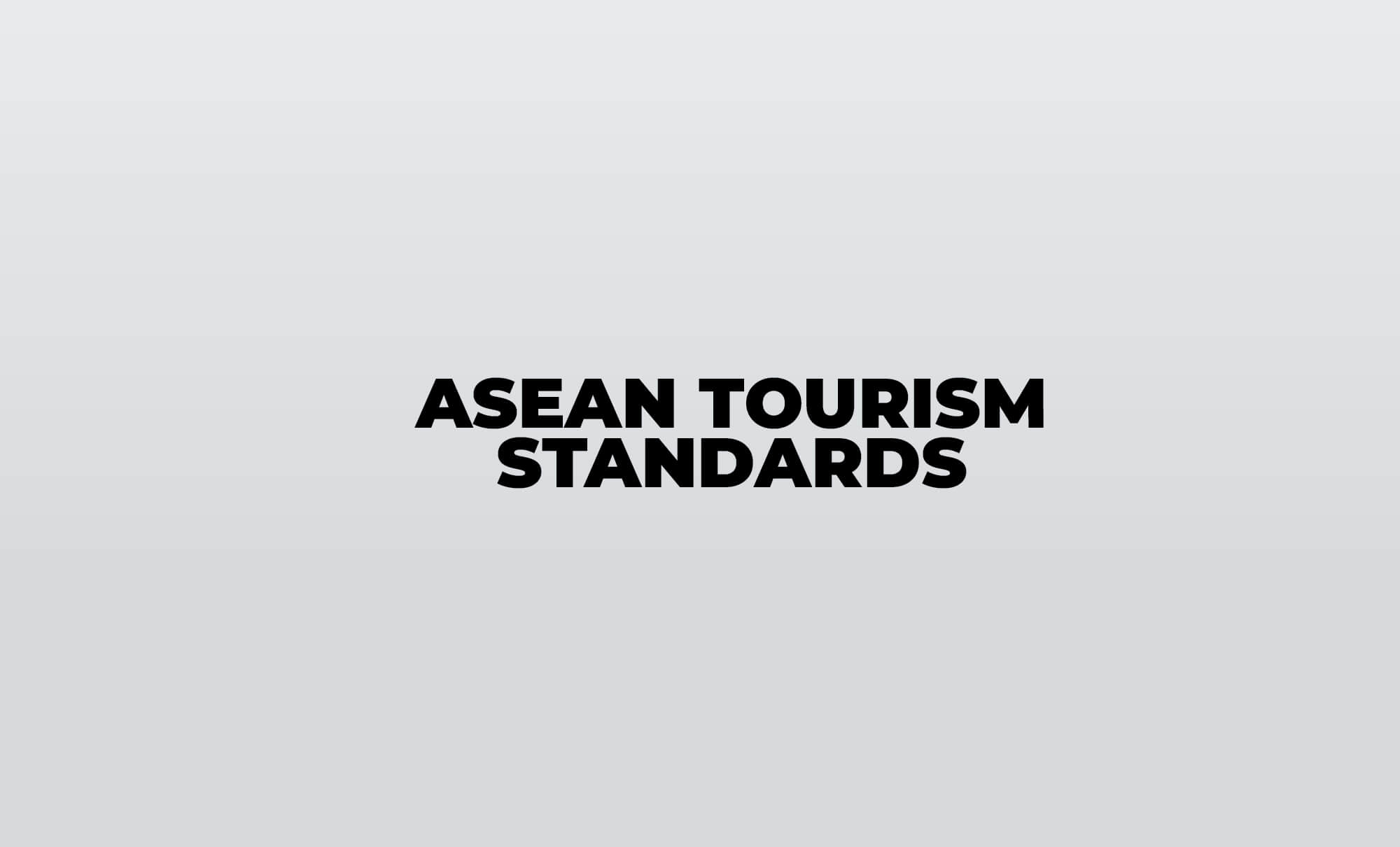



The ASEAN Foundation understands the importance of developing the youth as leaders of tomorrow.
It is an entity established to build greater ASEAN awareness, as well as to cultivate an ASEAN Identity among 230 million youth in the region.
Our programmes, such as ASEAN Data Science Explorers, ASEAN Digital Innovation Programme, eMpowering Youths Across ASEAN, and ASEAN Foundation Model ASEAN Meeting, combine various engaging activities. These range from regional competitions to leadership training, capacity building workshops, and interactive forums, all dealing with topics that are relevant to the youth and aligned with the priorities of ASEAN.
The approaches are diverse but all these initiatives have one overarching goal: to create a generation of future leaders who are well-versed in ASEAN issues, and who identify themselves as citizens of ASEAN.
Opening Doors to Youth with Special Needs
Their smiles were infectious, as they posed for photos in front of the ASEAN Foundation logo and 10 ASEAN country flags.
Muhammad Rifqi Adiono, Muhammad Abijdzar Alghivari, Jonathan Kenneth Nangoi, and Reychando Rintar Siregar are all students with special needs, from Indonesia’s London School Beyond Academy.
The four had just completed a ten- week-long internship with the ASEAN Foundation. They proudly held up their well-deserved certificates, and could not contain their joy.
“I am beyond happy to receive this internship certificate,” said Muhammad Rifqi Adiono, one of the students who interned under the communication unit.
He added that his internship was not easy. Rifqi was given challenging tasks, such as monitoring and coming up with new ideas for social media content. “However, from these difficult assignments, I learned a lot about ASEAN and its rich culture,” Rifqi added.
For Muhammad Abijdzar Alghivari, the internship meant so much more than just an opportunity to learn. “As a young person with special needs, I (am) often perceived as someone who cannot do much,” Alghivari said. “This is why I am grateful to be given a chance to take part in ASEAN Foundation’s internship programme as it allowed me to contribute my skills and knowledge to the ASEAN Community building efforts.”
Through the ASEAN Foundation’s internship programme, we aim to provide an immersive learning environment that allows young people to not only develop their skills and knowledge, but also to build a stronger sense of ownership towards ASEAN. We believe that everyone will excel if given the opportunity, and this is why ASEAN Foundation is a strong advocate of equal and inclusive opportunity for all.
We open doors for students with special needs and aim to become one of the pioneering organisations that provide equal opportunities for our younger generations.
Equipping ASEAN Youth with Future Skills
Mai Than Tung and his teammate, Nguyen Van Thuan, looked ready when their names were called by the MC.
It was the ASEAN Data Science Explorers (ADSE) 2018 Regional Finals—a data analytics competition organised by the ASEAN Foundation in partnership with SAP, a software and technology solutions company—held in Singapore.
The pair effortlessly presented their storyboard on maritime trade in ASEAN and its economic potentials. Using the SAP Analytics Cloud software, they came up with data-driven solutions that can help identify and address the current flaws of maritime trade in the region.
The team’s hard work paid off. They were chosen as the national winners of Viet Nam and the second runner-up of the regional finals.
Two years ago, Mai Than Tung (who is also known as Kevin) would not have thought that he could be chosen to represent his country, and win a place at a regional data analytics competition.
Kevin admits that before to joining the competition, he only had rudimentary knowledge in data statistics and basic competency in Microsoft Excel.
His participation in ADSE provided him a rare opportunity to advance his data analytics skill, and create solutions for an actual problem in the region.
“My experience in ADSE has been incredibly transformative,” said Kevin, who is currently working as a Management Associate in charge of studying consumer behaviours at Lazada Viet Nam. “Now, I have been immersed in data analytics so much that 95% of my day is dedicated to it.”
The journey of Kevin, from being barely literate in data analytics to pursuing a career in it, shows the kind of impact that we strive to bring through our ADSE initiative.
Training the Trainers: Underserved Youth Learn Computer Science
As a math teacher at the Setapak Special Education Vocational School in Kuala Lumpur, Malaysia, Siti Suhaila is always eager to explore new, interactive ways to make the learning experience of her visually impaired students better.
For this reason, she jumped at the opportunity to join the Future Ready ASEAN’s Training of Trainer, organised as part of the ASEAN Digital Innovation Programme or ADIP by the ASEAN Foundation, with support from Microsoft and Empire Code.
“I am really interested to join this training to learn new things and find a good learning resource for my students,” said Siti, who has now become one of 538 Future Ready ASEAN’s master trainers.
“What I loved about this training is that it provides a platform for me to learn about computer science, which is an important skill and knowledge to have in this digital era,” she said.
Siti has made it her mission to provide her visually impaired students with knowledge and learning methods that will benefit them in the long term. “I am glad to know that the Future Ready ASEAN programme was made to target underserved youth,” she explained. “I am confident that our underserved youth can overcome whatever challenges lie in front them if they were given the opportunity to improve themselves.”
The goal of ADIP supports our commitment to promote inclusive education and provide equal opportunities for youth across the region. Recruitment and training for a pool of educators, so they are able teach computer science to those who are underserved.
Since the programme began in 2019, these trainers have tutored over 25,000 underserved youth in Southeast Asia.
Rousing the ASEAN Youth Volunteerism Spirit
For Nikko Elnar, the eMpowering Youths Across ASEAN (EYAA) programme— the outcome of a partnership between the ASEAN Foundation and Maybank Group—presented a rare opportunity for him to make a meaningful change in the community. “I first knew about the programme from social media,” Nikko said.
“I was immediately hooked after knowing that the programme involves youth volunteerism and social innovation to achieve its goal.”
Based on his achievements in the Philippines, Nikko was chosen to participate in a regional capacity building workshop in Thailand.
There, he was grouped with nine other ASEAN youth to implement a community project that could tackle the food waste issue in Gombak, Malaysia. “Food waste constitutes 60% of the total waste in Malaysia,” Nikko said. “This problem stems from poorly executed waste segregation and ineffective waste collection.”
With a grant of 20,000 US dollars and support from EcoKnight Malaysia, he and his team carried out a project called Integrated Organic Farming Project. The aim was to change the community’s perception towards organic farming and sustainable food waste management.
In a span of two weeks, the team managed to collect a total of 9,200 kilograms of food waste, and produced an educational outreach module about food waste, using the Black Soldier Fly method for composting.
For Nikko, working with a culturally diverse group was one of most valuable experiences he gained from EYAA. From it, he learned to be a better team player. “It was not easy, but it taught me how to interact professionally with people of different beliefs, perspectives, and walks of life,” he said.
Since it launched in August 2018, the programme has accepted 200 participants out of 6,000 applications received from ten ASEAN Member States.
The biggest attraction to the programme is that it allows the participants to immediately apply what they learn, and take ownership of issues that prevail in the community.
Building Greater ASEAN Awareness through Role Playing
Few young Southeast Asians understand how ASEAN works. How are decisions made within the halls of this regional association?
The ASEAN Foundation Model ASEAN Meeting (AFMAM) is a platform where they can experience it first-hand.Through carefully-crafted methods, delegates play the role of regional decision-makers and even simulate an ASEAN Summit.
The objective is for the youth delegates to have a better understanding of the individual Member States, to appreciate the purpose of ASEAN, and to foster a sense of belonging to the ASEAN community.
“AFMAM provides a unique a platform for youth in ASEAN to experience how decision-makers of ASEAN Member States address regional issues at the ASEAN Summit and other regional ASEAN meetings,” said Elaine Tan, former Executive Director of the ASEAN Foundation who f inished her six-year tenure in January 2020.
“This exercise is no empty role play; it aims to provide comprehensive information on ASEAN, in-depth analysis on the topics to be negotiated, and learning about tactics for negotiation,” she added.
AFMAM also applies a combination of expert-led coaching sessions and insightful talk shows that can further hone their leadership abilities.
“I learned a lot from the programme, especially about leadership skills,” said Siriphone Siriphongphanh, a former AFMAM delegate from Lao PDR. “This is the kind of programme that we need to work hard to be in, but the combined unique knowledge and experience that you will gain from this programme will make it worth your while.”
Effective Public-Private Partnership
As a multicultural region, we need one commonality that can bring us together as a community, and that is ASEAN Identity.
There are many historical and philosophical analyses on what ASEAN Identity is, but to make it easier to digest, it is better to see ASEAN Identity as wearing a uniform. A strong ASEAN Identity means that everyone is wearing the same uniform and is proud of wearing it. The fact that we are proudly wearing the same uniform will make us easily recognisable and stand out as a community. In the long term, having a strong identity means that we have unified our goal and collectively identified the milestones to achieve that goal: to transform this region into a prosperous and peaceful one.
As an entity with limited resources, it would be impossible for us to reach out to all of ASEAN’s people. The heart of our work has always been about engagement and collaboration.
We are heartened to see that our collaborations with our private sector partners such as Maybank Group, SAP, and Microsoft have brought tangible impact on our youth—helping transform them into future leaders, entrepreneurs, advocates for the environment and social change.
Moving Forward—Creating a Harmonious ASEAN Community and an ASEAN Identity
The way forward is to build greater awareness of an ASEAN Identity, by getting all 10 ASEAN countries to endorse it, through their Ministries of Tourism, Education and Youth. We could start small by flying the ASEAN flag alongside national f lags at important events and outside government buildings, and placing a stronger focus on ASEAN in primary or elementary school syllabus. This would increase the presence of ASEAN in the lives of more citizens across the region.
n the long run, the goal is, of course, to foster a true sense of community within the people in ASEAN. More importantly, a strong sense of collaboration and mutual support should be encouraged both at the state and individual levels through facilitation of cross-cultural initiatives that are accessible for the majority of ASEAN people.
To consider ourselves ASEAN citizens, we believe in putting in place a stronger focus on inclusivity and extending cross-country collaboration to all citizens without exception, and to place a stronger emphasis on the role of social ties and community-building of our future generation.
An ASEAN Identity may be difficult to envision today, in our culturally diverse region. Ultimately, identity is about building ideal communities. A more radical imagining of ASEAN can and should be the way forward to make Southeast Asia matter to its 600 million people.








